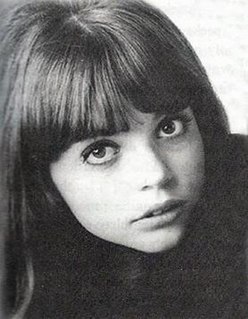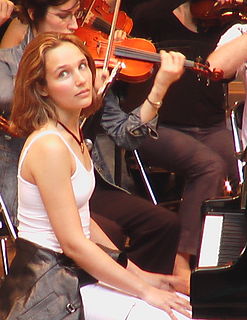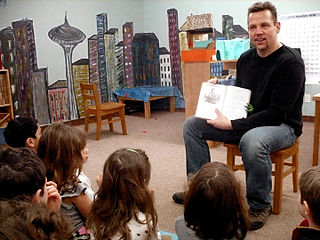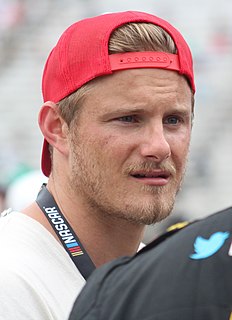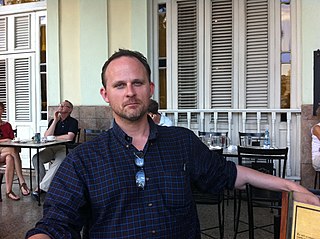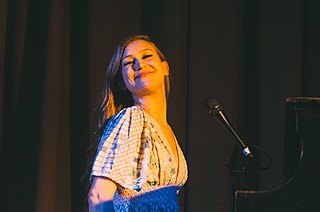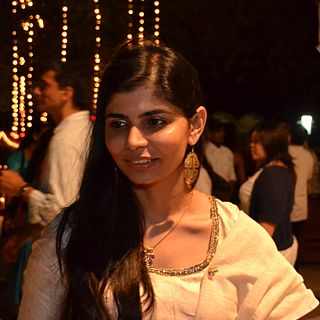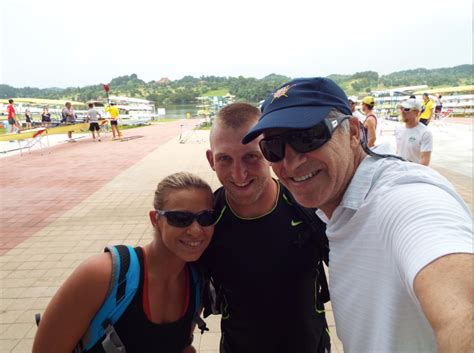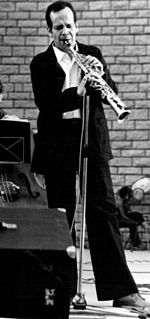A Quote by Gail Zappa
When you have a single composer writing his work, it shouldn't be doled out in singles based on the length of a piece.
Related Quotes
I don't ascribe to the idea of the ivory tower composer who sits alone in a room composing his masterpieces and then comes down from Mount Sinai with the tablets. It doesn't work like that. The job of a composer is putting something down on a piece of paper that will inspire the person who's playing.
The writer learns to write, in the last resort, only by writing. He must get words onto paper even if he is dissatisfied with them. A young writer must cross many psychological barriers to acquire confidence in his capacity to produce good work-especially his first full-length book-and he cannot do this by staring at a piece of blank paper, searching for the perfect sentence.
When I'm writing a play I hear it like music. I use the same indications that a composer does for duration. There's a difference, I tell my students, between a semi-colon and a period. A difference in duration. And we have all these wonderful things, we use commas and underlining and all the wonderful punctuation things we can use in the same way a composer uses them in music. And we can indicate, as specifically as a composer, the way we want our piece to sound.
I'm releasing a single. It's called 'Live it Up.' It was based on my Euro trip. I only write my own music. I don't let other people write it at all. So I've been working on that a lot. There's three singles coming out. The producer of The Fray who did their double-platinum album 'How to Save a Life,' I'm working with him. He's producing me.
There is no ideal length, but you develop a little interior gauge that tells you whether or not you're supporting the house or detracting from it. When a piece gets too long, the tension goes out of it. That word?tension?has an animal insistence for me. A piece of writing rises and falls with tension. The writer holds one end of the rope and the reader holds the other end?is the rope slack, or is it tight? Does it matter to the reader what the next sentence is going to be?
The last great unknown, in terms of physiological training, is the optimum length of a piece. Is three minutes enough? Is ten minutes too much? No one knows. Perhaps someday the question will be answered-we'll find out that thirteen minutes is the perfect length for a training piece when preparing for a 2000 meter race. Until then, coaches will continue exploring the whole scale, up and down, from thirty seconds to sixty minutes and more, in hopes of capturing the optimum time.
